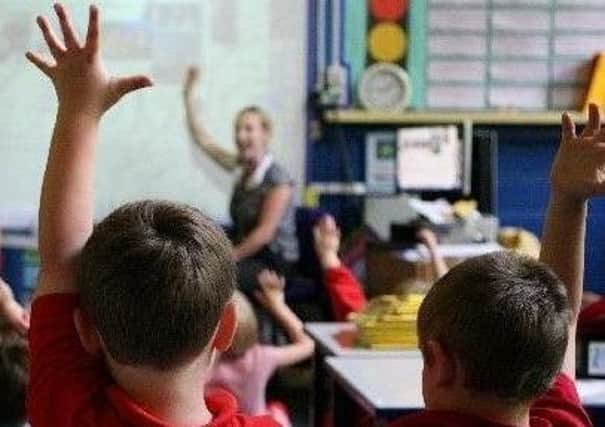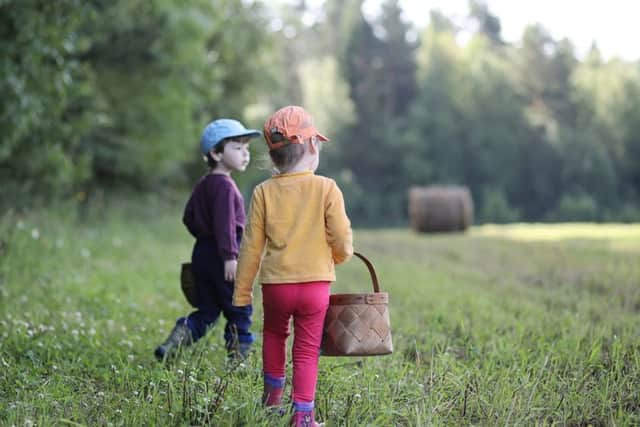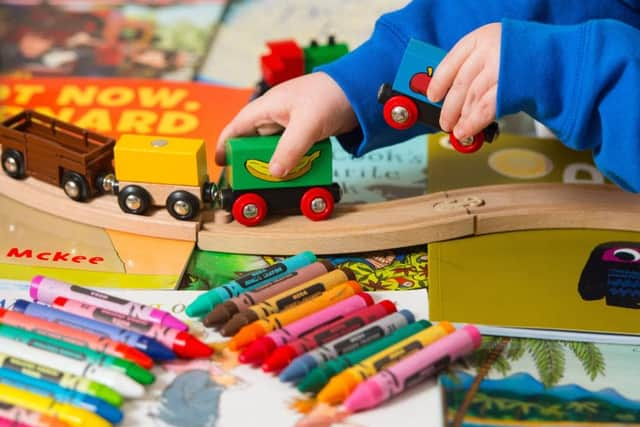Love Island factor is making boys increasingly unhappy with their looks - Mark Russell


At The Children’s Society, we have been finding out what children and young people feel and think about their childhoods for 15 years now and our findings continue to shock and surprise us. This year our Good Childhood Report reveals almost a quarter of a million children are unhappy with their lives as a whole. Based on these figures, we estimate that 18,000 young people are unhappy with their lives in Yorkshire. This is a national scandal - but why is it happening?
It is incredibly challenging to explain exactly why. Wellbeing is complex and affected by everything from our family and friends to our appearance and health. Every child is different, but the latest evidence suggests some important trends that we really need to pay attention to.
Advertisement
Hide AdAdvertisement
Hide AdChildren are increasingly unhappy with their friendships. We all know that making and sustaining friendships requires hard work but this year’s data suggests children are finding it particularly hard right now. Often, the friends we make as children can last for life, but perhaps for this generation of children that might not be the case.


We cannot provide a concrete answer to this but we do think there are some important factors that might help us to understand why children are becoming unhappier with their friends. Children themselves talk a lot about the effects of social media and digital life more generally. Wider evidence suggests that factors like bullying and spending face-to-face time together outside of school is important.
This year we also discover that boys are more unhappy with their appearance than ever before with one in 12 now are unhappy with how they look – the equivalent of 15,000 youngsters in this region. For years, The Children’s Society has reported on the struggles girls have with their appearance. It is still the case that girls remain unhappier with their appearance than boys but the large gap between them that we used to observe is narrowing. We spoke to some boys about this issue to try and learn more. Gym memberships, protein shakes and living up to the body image ideals of everyone from Love Island contestants to Hollywood film stars all came up in our conversations.
Advertisement
Hide AdAdvertisement
Hide AdThe evidence about school is also extremely concerning with one in eight children unhappy with school. Surprisingly this is not necessarily to do with schoolwork and learning. Instead our findings point to wider issues like school culture, the experiences of those with low or strained family finances, and whether or not some children actually feel safe during the school day.


Children do not have to be unhappy with their appearance or with their friends – these trends do not hold internationally. That means we can change them.
Too many children are struggling with their lives right now, and large numbers are also anxious about their future including 42 per cent who are worried about crime. Children as young as 10 are anxious about everything from money and getting good grades at school, to wider issues like the environment.
Advertisement
Hide AdAdvertisement
Hide AdI am conscious of how much we need to do to enable children to thrive not just survive. How do we solve problems like rising mental ill-health, millions living in poverty and the scandal of far too many young lives being lost to knife crime and exploitation?
We must start by listening to young people and harness their enthusiasm and radical energy for change. We must then, together, create a movement that speaks out and speaks up for young people, working with those in power to change the systems that stop young people thriving.
That’s why this year we are calling for comprehensive national measurement of children’s wellbeing. It’s crucial that our politicians are able to properly listen to and understand the lives of children.
Advertisement
Hide AdAdvertisement
Hide AdWithout good data they are just guessing – often remembering their own childhood and thinking the same rules still apply. It’s not good enough. We have to listen to our young people and show them they matter.
Mark Russell is chief executive of The Children’s Society.